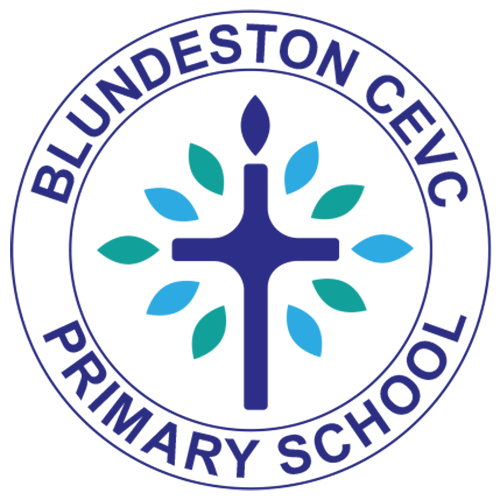Early Years Reception
A good early education is the foundation of later success, and here at Blundeston, we are committed to providing the best start for all of our children.
Learning in Early Years is about the development of the whole child. Children come to school with a whole range of experiences and at different stages of learning and development. The Early Years curriculum is constructed to ensure that the foundations of early reading, writing and maths are at the core. Although the curriculum also ensures the children investigate the world around them, both physically and imaginatively. Through play and careful and purposeful adult interaction, children develop personal, social and emotional skills, meaning they develop into life-long happy, successful learners. We work closely with parents, carers and families and other schools and agencies to help our children to flourish.
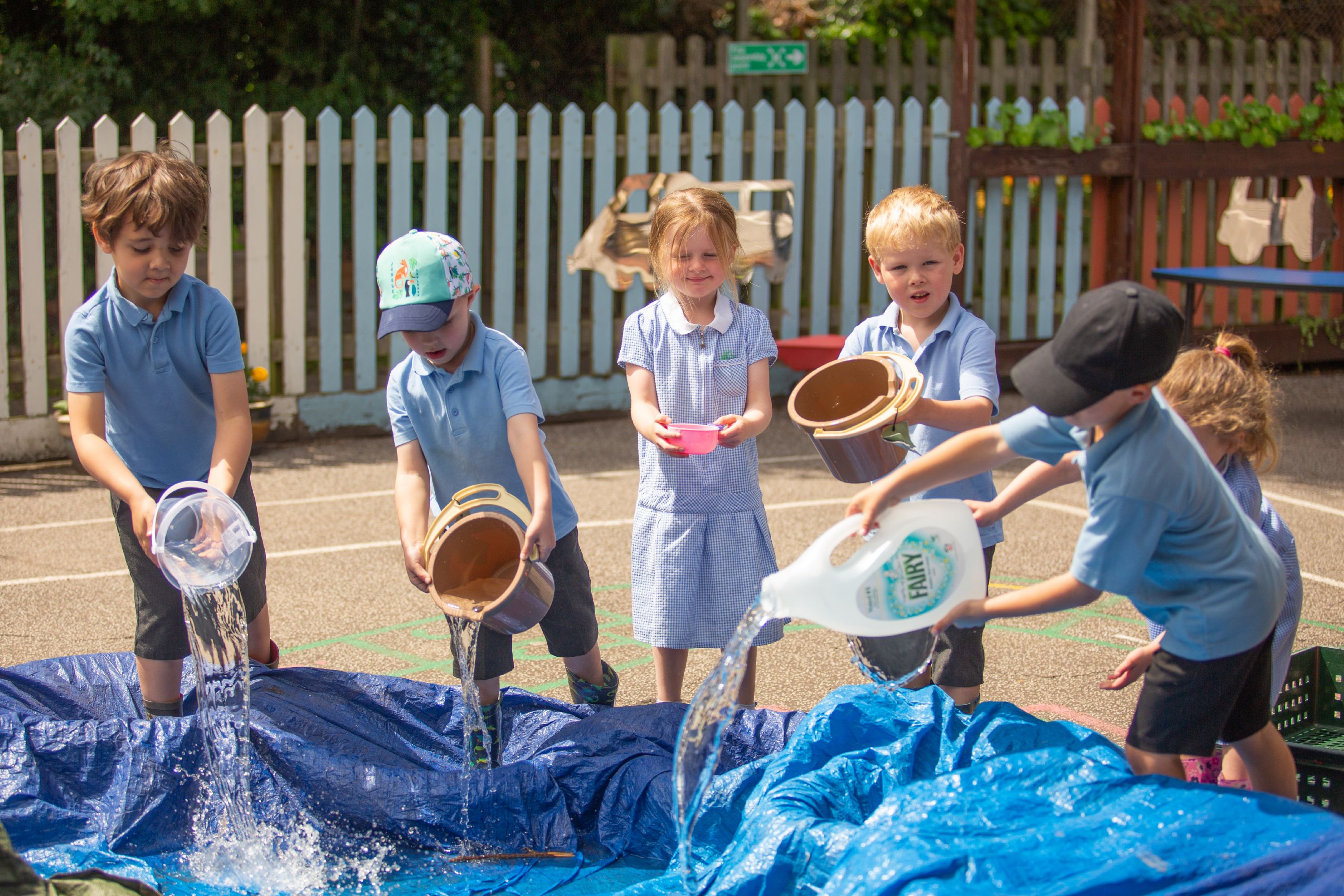
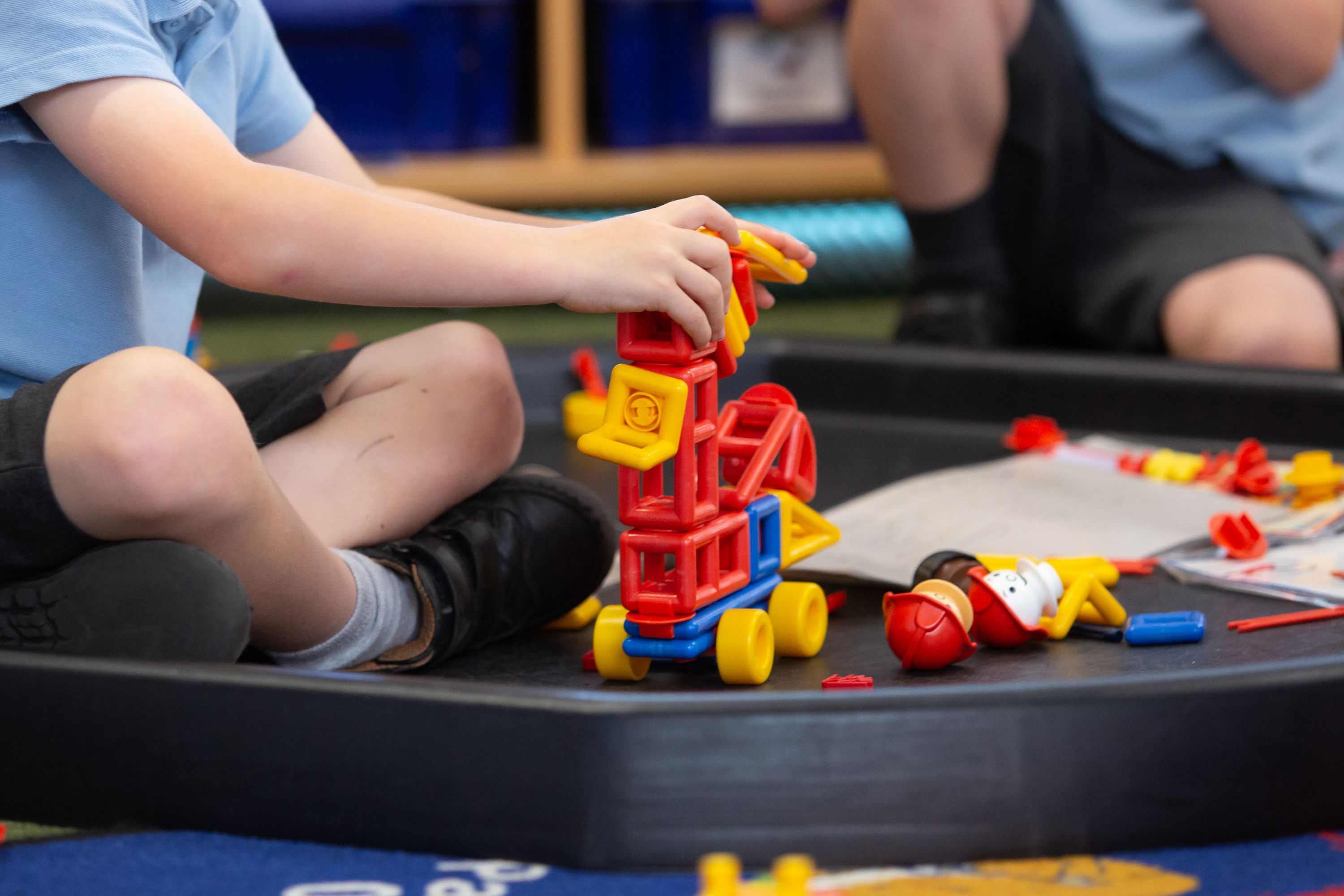
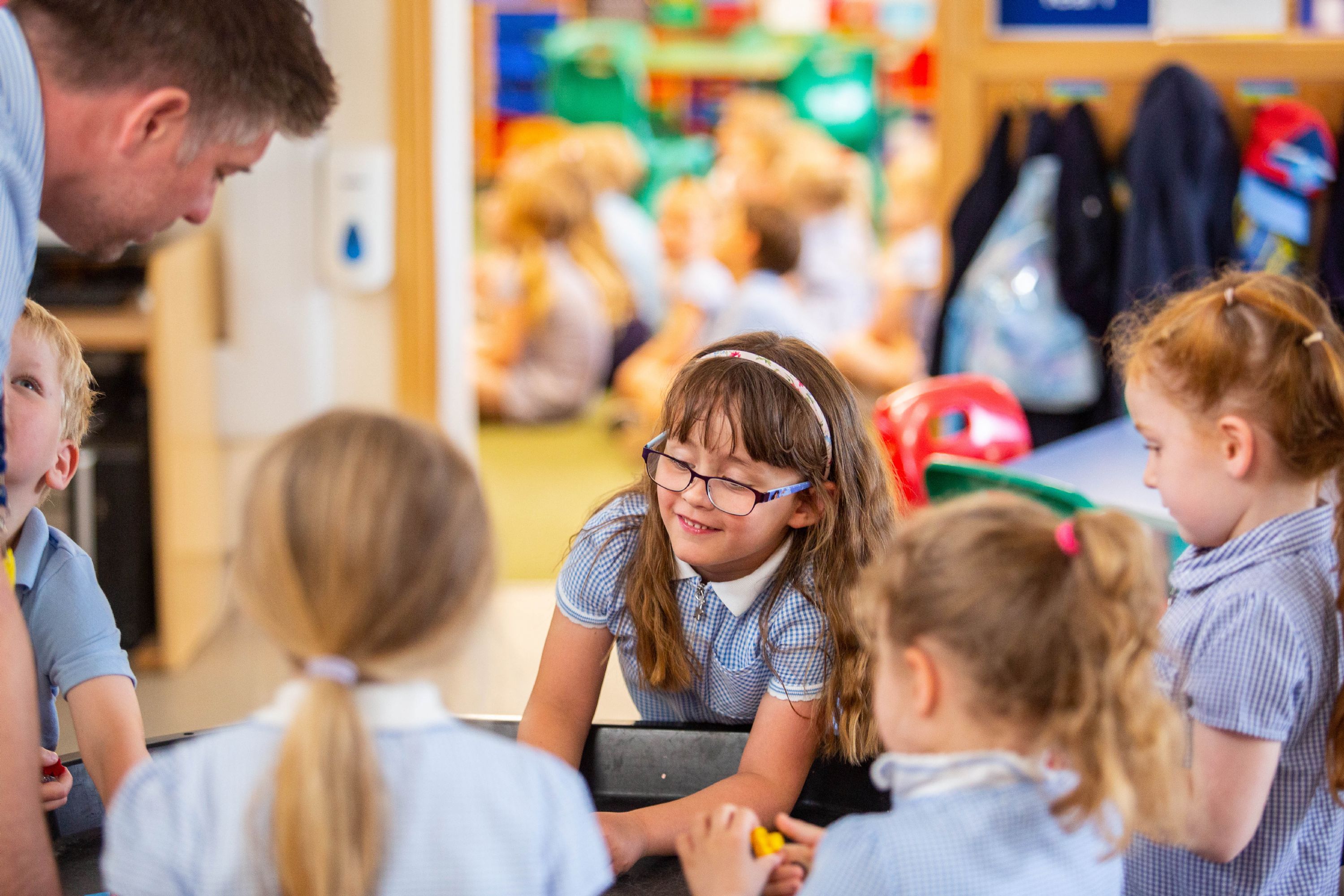
We aim to achieve excellence in each of the four EYFS overarching themes:
A Unique Child
- We build on what our children already know, can do and their interests;
- We celebrate our children’s successes, both at home and at school;
- We acknowledge, and respond to, the individuality of each child.
Positive Relationships
- We foster positive relationships between the adults and the children in the setting, as well as parents, supported by the school’s outstanding Christian ethos;
- Our children work well together and support each other to be independent in their play and learning;
- We begin to develop our children’s understanding of British values, such as right and wrong, being respectful, working together and fairness.
Enabling Environments
- We provide a rich and stimulating learning environment, providing opportunities for learning both indoors and outdoors that supports all areas of learning.
Learning and Development
- We offer opportunities for learning through a play-based approach. This has a range of starting points and content that matches the needs of each individual child;
- Our curriculum is broad and balanced;
- We promote and reinforce positive behaviour;
- We instil a love of learning where children are inspired.
Our skilled practitioners and our exciting curriculum support our children to develop their skills in the three characteristics of effective learning:-
Playing and exploring - children investigate and experience things, and ‘have a go’.
Active learning – children concentrate and keep on trying if they encounter difficulties, and enjoy their achievements.
Creating and thinking critically – children have and develop their own ideas, make links between ideas, and develop strategies for doing things.
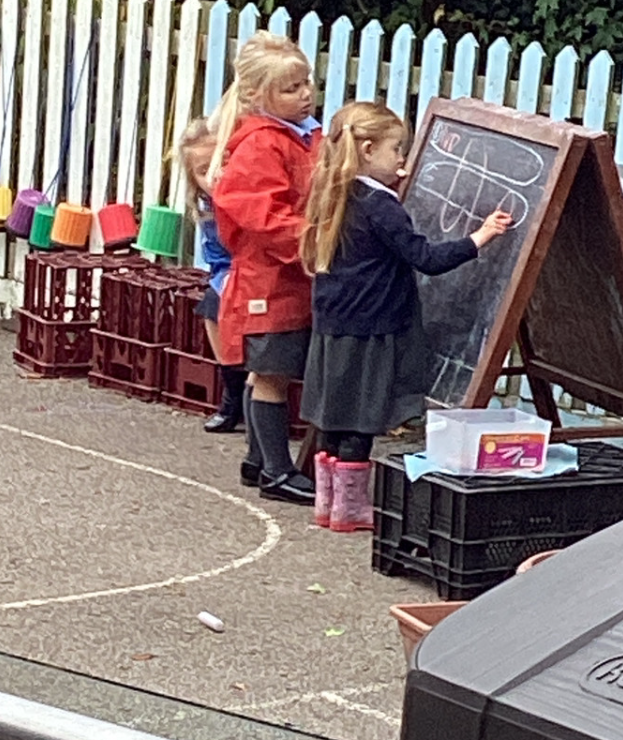
The EYFS curriculum has seven areas of learning: 3 prime and 4 specific. The 3 prime areas are:
- Communication and language - the development of children’s spoken language underpins all seven areas of learning and development. Children’s back-and-forth interactions from an early age form the foundations for language and cognitive development. The number and quality of the conversations they have with adults and peers throughout the day in a language-rich environment is crucial.
- Personal, social and emotional development - children’s personal, social and emotional development is crucial for children to lead healthy and happy lives, and is fundamental to their cognitive development. Underpinning their personal development are the important attachments that shape their social world.
- Physical development - physical activity is vital in children’s all-round development, enabling them to pursue happy, healthy and active lives. Gross and fine motor experiences develop incrementally throughout early childhood.
The 4 specific areas are:
- Literacy - it is crucial for children to develop a life-long love of reading. Reading consists of two dimensions: language comprehension and word reading. Skilled word reading, taught later, involves both the speedy working out of the pronunciation of unfamiliar printed words (decoding) and the speedy recognition of familiar printed words. Writing involves transcription (spelling and handwriting) and composition (articulating ideas and structuring them in speech, before writing).
- Mathematics - developing a strong grounding in number is essential so that all children develop the necessary building blocks to excel mathematically. Children should be able to count confidently, develop a deep understanding of the numbers to 10, the relationships between them and the patterns within those numbers.
- Understanding the world - understanding the world involves guiding children to make sense of their physical world and their community. The frequency and range of children’s personal experiences increases their knowledge and sense of the world around them. Listening to a broad selection of stories, non-fiction, rhymes and poems will foster their understanding of our culturally, socially, technologically and ecologically
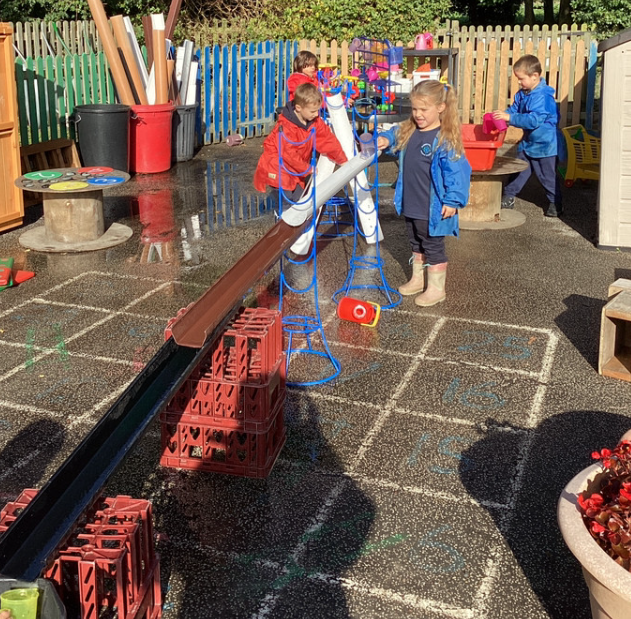 diverse world.
diverse world. - Expressive arts and design - the development of children’s artistic and cultural awareness supports their imagination and creativity. It is important that children have regular opportunities to engage with the arts, enabling them to explore and play with a wide range of media and materials.
Our rich curriculum ensures that children are given opportunities in each area of learning throughout the day and in different contexts.
We use Tapestry to record each child's learning journey. At the end of their Reception year, each child’s level of development will be assessed against the early learning goals. We will indicate whether children are meeting expected levels of development, or if they are not yet reaching expected levels (‘emerging’). This is the EYFS Profile.
We plan an objective-led curriculum for our continuous provision, supported by our knowledge of the children through talking and listening to them and making careful observations. These enable us to plan the next steps for each child.
